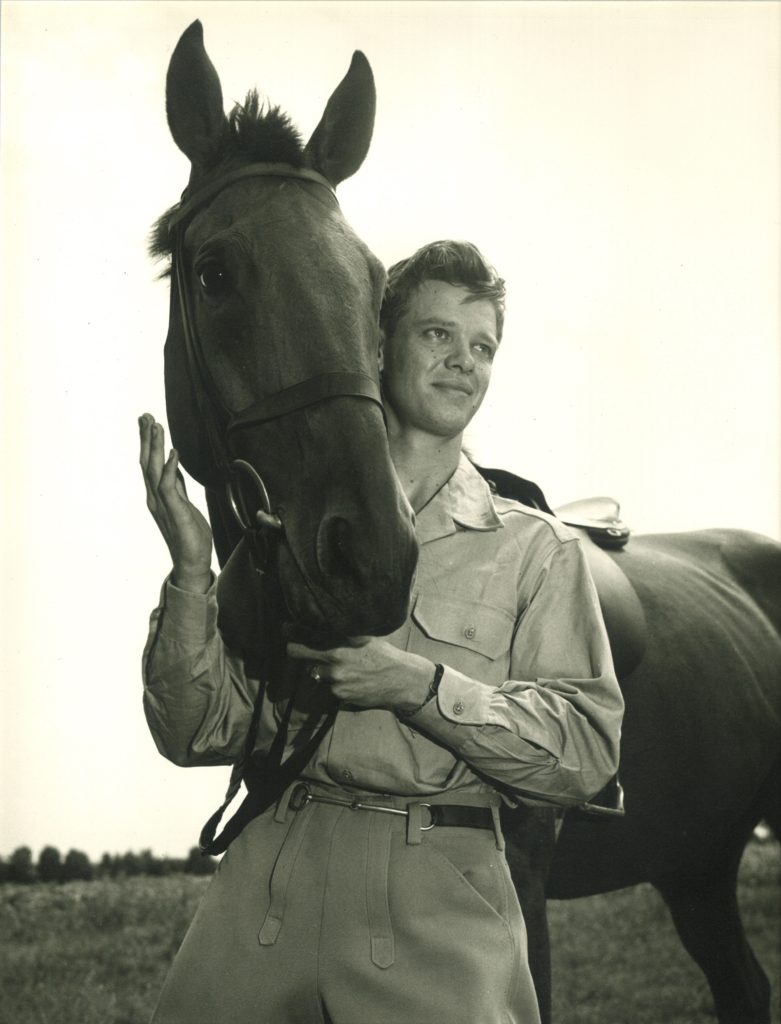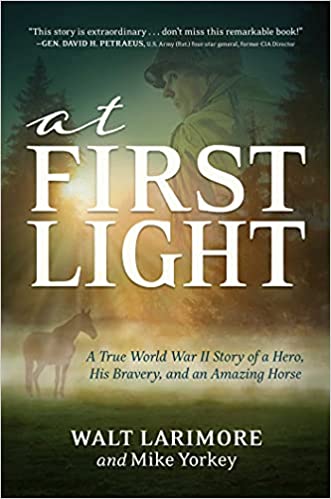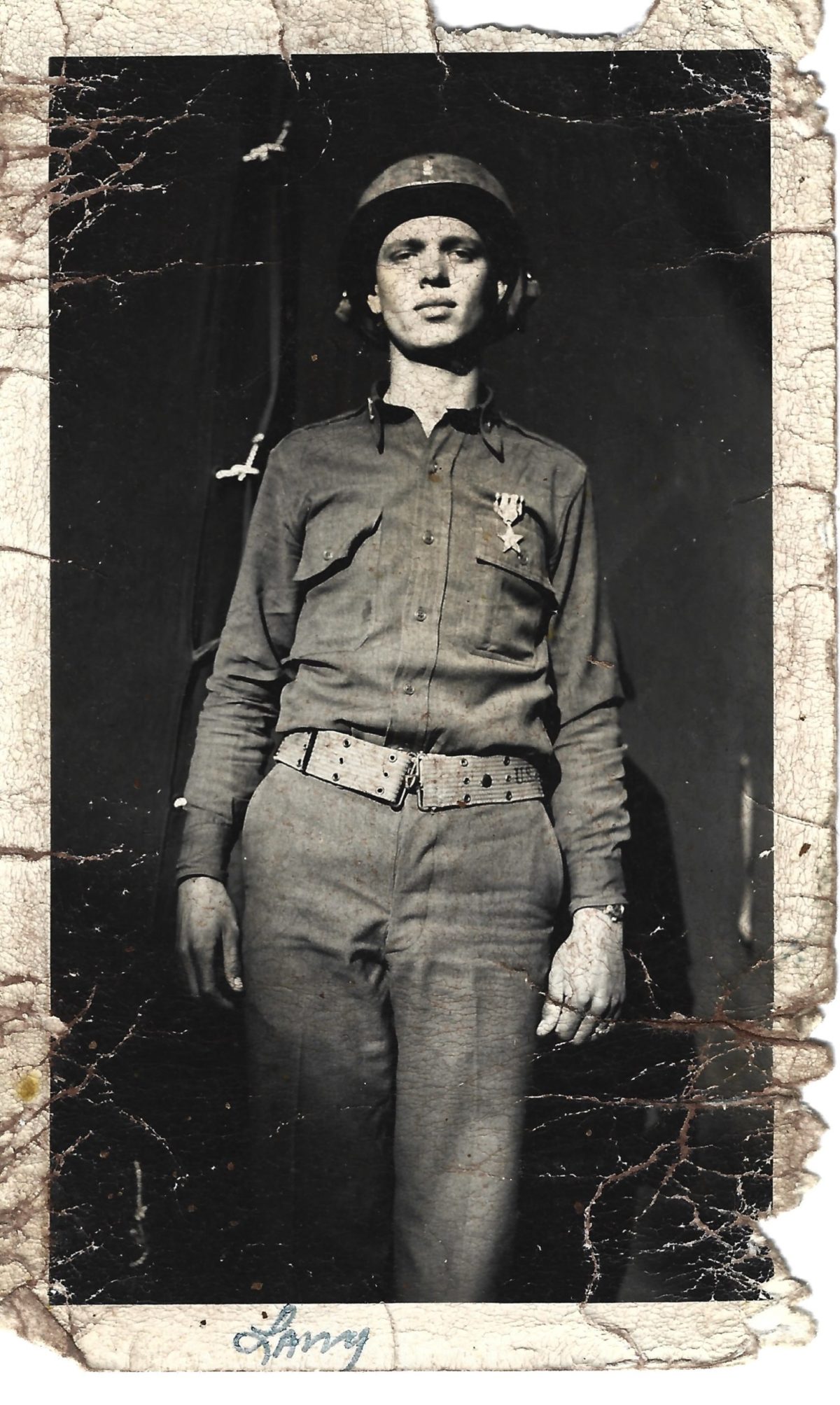An obvious labor of love, “At First Light,” by Walt Larimore and Mike Yorkey, is a tribute to Allied infantrymen, to those who fought in Southern Europe in particular, and to one infantryman especially: Walt’s father, Phil Larimore.
Philip B. Larimore Jr. grew up in Memphis, Tennessee, a prankster who performed poorly at school but discovered early on that he had a way with horses. Commissioned as a second lieutenant on his 18th birthday, Larimore entered the war in early 1944 as a replacement with the 30th Infantry Regiment, 3rd Infantry Division, immediately jumping into the thick of the fighting at the bloody Battle of Anzio, Italy.

From there, he participated in the invasion of Southern France and fought northeast across the country, liberating towns in the south, venturing into the savage battles in France’s Vosges Mountains, at Alsace’s Colmar Pocket and into Germany. Along the way, Larimore proved himself a gutsy soldier, twice wounded — once seriously — repeatedly decorated and always steady.
In recurring vignettes behind all of this, like a melody building to a crescendo, are horses and their kin. Larimore admires Arabian horses while in Casablanca waiting to be shipped out to Anzio, organizes a pack of mules in Anzio to help haul ammunition across rugged terrain, and rounds up terrified herds scattered by the fighting in a French town.
Late in the war, Larimore’s battle stories and horse stories intertwine when, on April 3, 1945, he is sent on a secret mission to confirm the existence of a German stud farm just over the border in Czechoslovakia said to hold a looted collection of Europe’s finest equine breeding stock. He does — riding a loaned mount to an overlook of the farm and back, exhilaratingly dashing through the woods and across obstacles.
“Phil had not felt such happiness since he’d rescued horses in Southern France. The war — no, the whole world, with all of its anxieties and trauma — melted away,” the authors write.

At First Light: A True World War II Story of a Hero, His Bravery, and an Amazing Horse
by Walt Larimore and Mike Yorkey, Knox Press, April 19, 2022
This post contains affiliate links. If you buy something through our site, we might earn a commission.
He returned to be debriefed by division intelligence, and U.S. Third Army commander Gen. George S. Patton Jr. authorized Operation Cowboy to rescue the horses from the approaching Red Army. But Larimore wouldn’t be a part of the mission.
Just five days after returning, he was wounded for the third time. This time, it cost him his leg. Larimore faced a difficult recovery — one made easier some two years later when the horse he had had such an exhilarating ride on in Czechoslovakia reappeared in his life — part of a pair of extraordinary acts of kindness and respect whose climax I won’t spoil for readers.
“At First Light” shows evidence of thorough research, and Phil Larimore’s voice comes through with authenticity in frequent snippets from his letters home. The downside — a considerable one — is that the bulk of the book is built of recreated scenes and dialogue. A note from Walt Larimore states that those elements “have been enriched based on reasonable assumptions given time, place, and circumstances — but always within the context of the moment” — a technique that will leave the more historically minded reader wondering what in the book is fact and what is invention.
Larimore’s story nonetheless gains power as it proceeds to a moving conclusion. Readers not put off by the authors’ novelistic approach will be glad they were along for the ride.
historynet magazines
Our 9 best-selling history titles feature in-depth storytelling and iconic imagery to engage and inform on the people, the wars, and the events that shaped America and the world.






